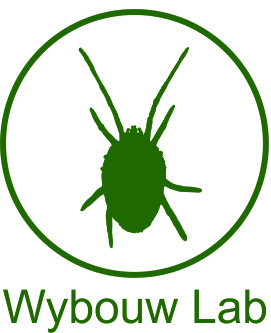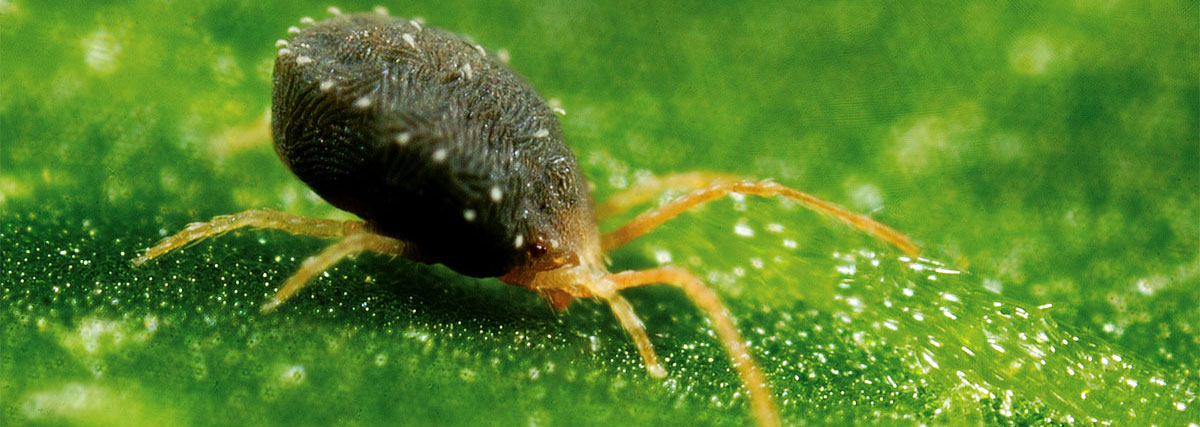Inside the Tangled Bank of Arthropods
We unravel the molecular-genetic mechanisms of hybrid dysfunction, herbivory, and endosymbiosis. We use interdisciplinary approaches to study the molecular architecture of these complex traits.

July 2025 Update
- Details
- Written by Nicky Wybouw
>> Spearheaded by Thomas, our study on the interaction between the yellow meadow ant Lasius flavus and the root aphid Anoecia zirnitsi is published. We demonstrate that L. flavus strongly increases the aphid eggs’ protection against insect predators and fungal pathogens. Go here for more information: https://doi.org/10.1098/rsos.250217
>> We were also visited by Charles Robin (University of Melbourne) and Kosuke Kataoka (TUAT). Kosuke gave a great research seminar and we had a lot of fun discussing various ideas and ongoing experiments.

May 2025 Update
- Details
- Written by Nicky Wybouw
Driven by Yuta Ohata, we published our first study of CI strength variation in leaf-mining Liriomyza flies - https://doi.org/10.1098/rsos.242137.
We uncovered paternal transmission of Wolbachia genic elements (including Type I and Type V cif operons!) in Liriomyza sativae, collecting strong evidence of horizontal genome transfer. We further established a wLtri transinfection in L. sativae and observed suppression of CI. Our labs are currently testing the hypothesis that host suppression of CI might evolve through horizontal transfer of cif operons into the host nuclear genome.
Also, Felipe Kauai obtained a three-year postdoctoral FWO fellowship and will be joining the Wybouw lab in October!
August 2024 Update
- Details
- Written by Nicky Wybouw
>>> Lennert Beele and Siebe van Wunnik recently started their PhD projects. They will study the mechanisms and community consequences of herbivore-plant interactions. Excited to dissect these interactions both in the molecular lab as in the field!
>>> Happy to announce that I have been selected as an Invitational Fellow of JSPS (Japan Society for the Promotion of Science). I will be hosted by Yohsuke Tagami and I will visit several research institutes in Japan, including Shizuoka University.

